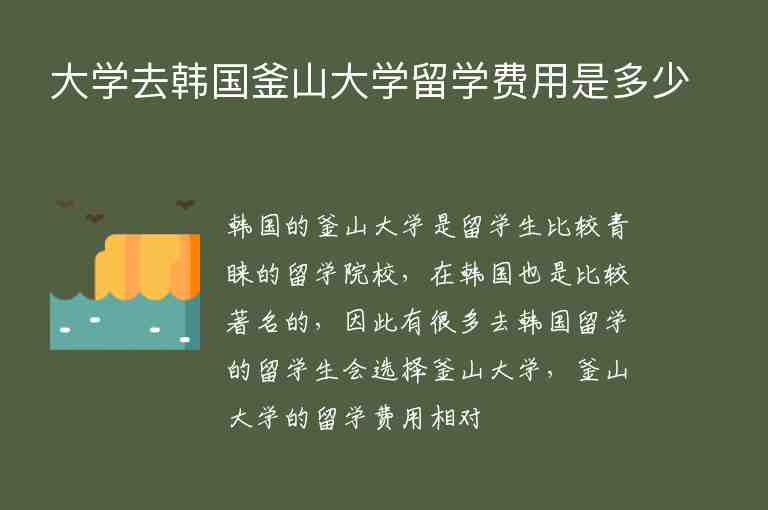1.衰是指某事物逐渐减弱或消失,也可以指人的精力、体力、健康等方面的衰退。在中文中,衰可以作为动词、形容词和名词使用,具有多种含义。
英文释义:
1. Shuai refers to something gradually weakening or disappearing, it can also refer to the decline of a person's energy, physical strength, health and other aspects. In Chinese, shuai can be used as a verb, adjective and noun, with multiple meanings.
怎么读(音标):
shuāi
用法:
1. 作为动词时,一般指某事物逐渐减弱或消失。
2. 作为形容词时,可以描述人的精力、体力、健康等方面的衰退。
3. 作为名词时,可以指某种状态或现象的衰退。
例句1-5句且中英对照:
1. 随着年龄增长,他的身体开始衰弱。(As he aged, his body began to weaken.)
2. 这个公司经历了几次重大变故后,开始走向衰败。(After several major setbacks, the company started to decline.)
3. 老人年纪大了,也开始有些衰退。(As the elderly person aged, their mental state also began to decline.)
4. 这个城市曾经繁华过,但现在已经衰落了。(This city used to be prosperous, but now it has declined.)
5. 这种植物在干旱的环境中也能生存,但生长会比较衰弱。(This plant can survive in dry environments, but its growth will be weaker.)
同义词及用法:
1. 衰退 (decline):指某种状态或现象的减弱或消失,与衰意思相近。
2. 衰败 (deteriorate):指某事物逐渐变坏或变差,也可以指人的状态不佳。
3. 衰落 (fall):指某种状态或现象的下降或减少,与衰意思相近。
4. 疲劳 (fatigue):指身体疲惫或精力不足,与衰意思有些差别。
编辑总结:
衰是一个多义词,在不同语境下可以表示不同的含义。作为词典编辑翻译人员,我们需要根据具体语境来确定其正确的释义,并注意其与其他近义词的区别。同时,在使用中文时也要注意把握好词性和用法,避免造成歧义。

